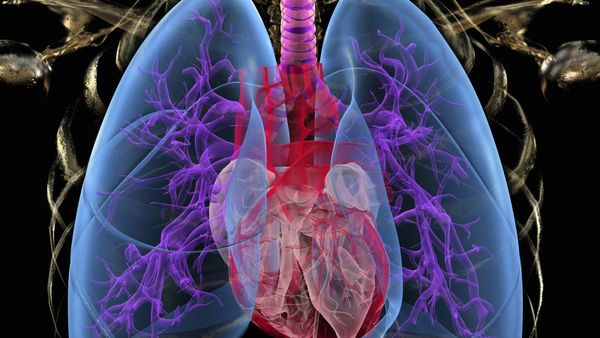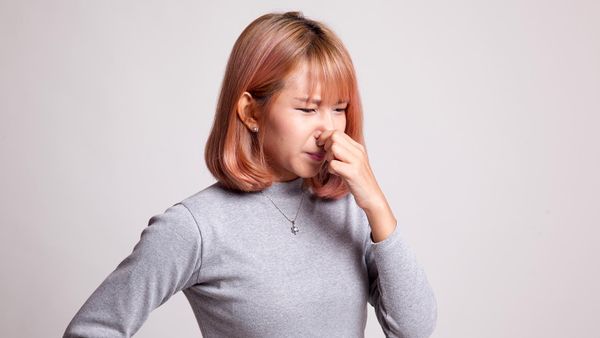You probably already know what hiccups are, since they affect pretty much everyone on the planet, including babies and the elderly. Hiccups are the result of a spasm in your diaphragm, which is a sheet of muscle located between your chest and abdomen. The diaphragm usually works by pulling down when you inhale to allow more air into your lungs and by pushing up when you exhale to help get the air out of your lungs. When you have hiccups, the inhalation process is suddenly interrupted by the closure of your glottis, or vocal cords. The air gets stuck in your throat and causes the hiccup sound.
While the cause of hiccups normally has to do with what's in your stomach, risk factors are spread pretty evenly among the population. However, it's known that males are more likely to have hiccups than females -- especially long-term hiccups. The other relevant risk factors are whether you've had surgery or not (anesthesia, intubation, neck extension, abdominal distension and organ manipulation all seem to increase the likelihood of hiccups) and whether you're under emotional stress.
Advertisement
Short-term hiccups are those that go away within a few hours. Eating too much, drinking something bubbly and having too much alcohol can cause short-term hiccups. In addition, if you have something hot and then something cold, you can end up hiccuping. Other causes of short-term hiccups are swallowing too much air and smoking. Long-term or persistent hiccups are those that last more than 48 hours. Some people end up with what's called intractable hiccups, which last more than a month. Persistent and intractable hiccups are typically related to a problem with your central nervous system or to metabolic disorders. Short-term hiccups go away on their own, but long-term hiccups can require medical intervention.

